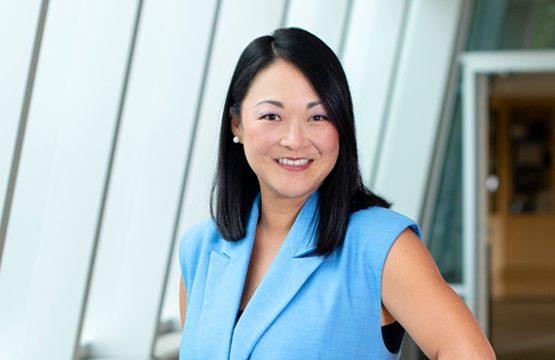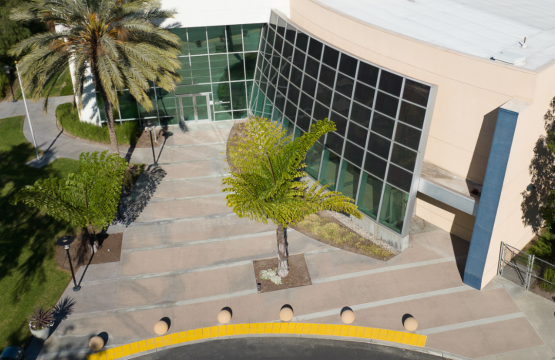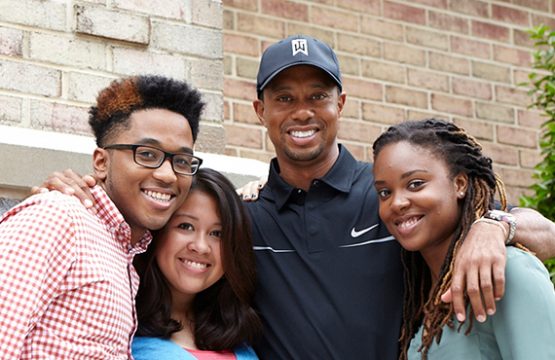Scholar Voices: How higher education will break the cycle of poverty for me and my community
Growing up in a low-income neighborhood, the worries of leading a life full of poverty and crime consumed my existence. Instead of viewing this feeling as an excuse, I turned it into motivation to rise above my life circumstances and excel as an active member of my community.
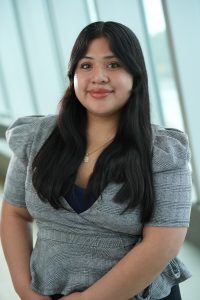
With determination, I have contributed to the growth of my neighborhood through volunteerism. I continuously volunteered at Ponderosa Elementary School as a class tutor for five years. I also became a mentor for the Big Brothers Big Sisters of Orange County at Olive St. Elementary School, in which I guide my assigned “little,” through school and personal problems. I attend weekly gatherings at Olive St. Elementary School and assist her with homework and STEAM activities. Witnessing the numerous issues of my neighborhood motivated me to become the change I wanted to see by aiding in the development of my community. As a result of my volunteer activities and meaningful experiences, I found a desire to become a child and family social worker.
As the eldest daughter of a Mexican family, my parents were quick to imbed the idea of college into my brain. At ten, my mom worked with me to memorize the multiplication chart and rehearse a 500-word essay, which I presented to my fifth-grade class. In middle school, my dad helped me improve my study habits by encouraging me to review my assignments until I was completely satisfied with my work. At the beginning of my high school journey, I obtained the role as the second caretaker of my younger brother, which enhanced my leadership and time-management skills as I balanced my home and school responsibilities. Although my title as the “first-born” has come with challenges, I will forever be grateful for the life lessons that it came with.

Although I adopted a strong work ethic and succeeded as a studious individual, I faced great unfamiliarity with the college admissions process, a substantial part of becoming a social worker. To my surprise, during my junior year, I was invited to a presentation from TGR Foundation’s Earl Woods Scholar Program. Hearing the benefits of a private liberal arts college education and different scholars’ experiences motivated me to apply to the program. After being accepted, I participated in summer workshops, in which I began my personal statement essay and developed my college preparation skills. Through the summer newsletter, I learned about the QuestBridge scholarship. As I completed phase one of the application and moved into the finalist stage the one-on-one sessions with my TGR Foundation advisors, J.C. and Andres, were especially helpful. Instead of maneuvering through the QuestBridge application process alone, I turned to them for assistance completing the CSS Profile, FAFSA, short responses and application essays. J.C. and Andres played an essential part in my success with the QuestBridge College Match process. As a first-generation student, I found it meaningful that they were more than willing to meet with me any day of the week to review my application.
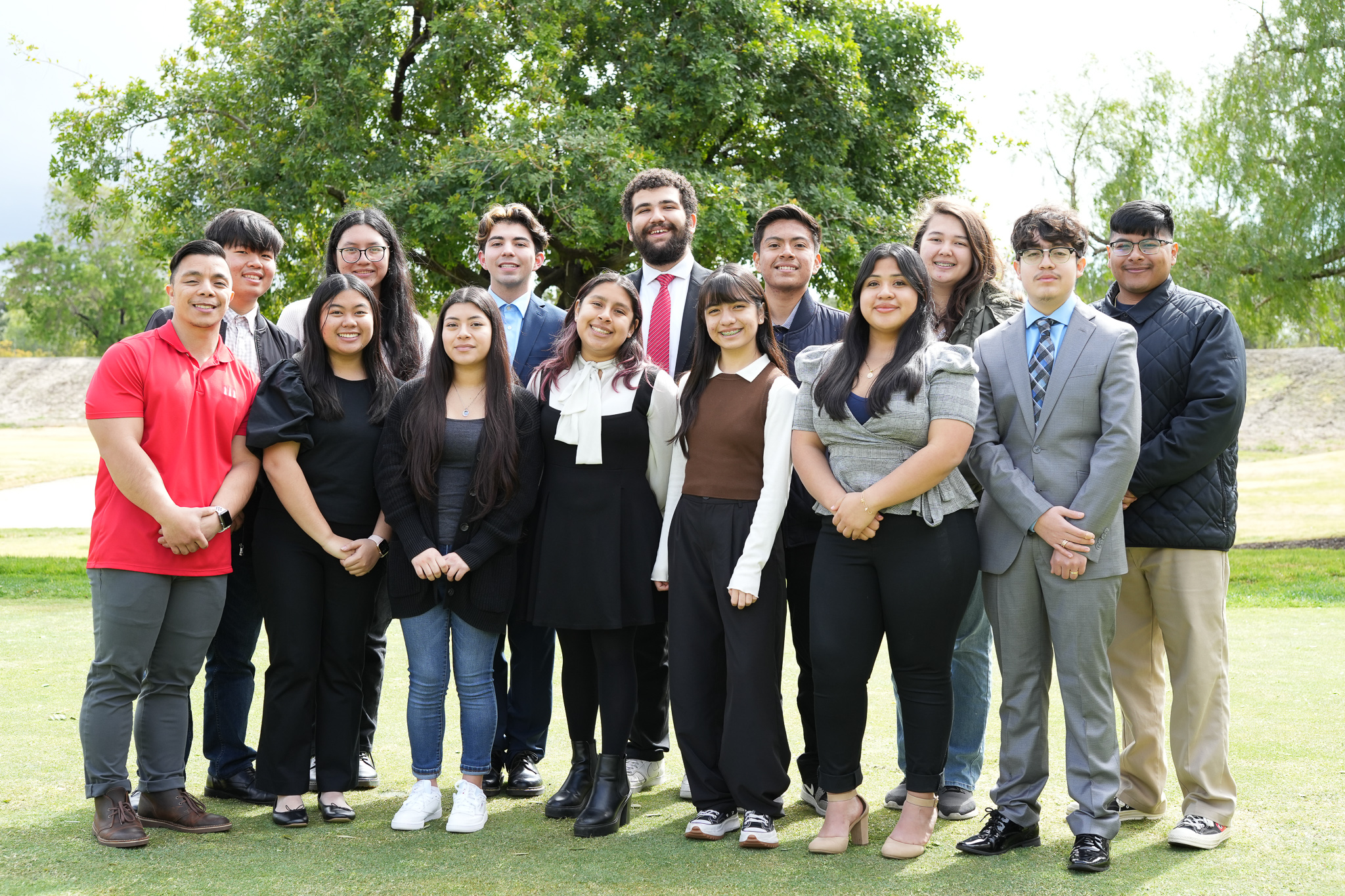
The QuestBridge process was the most strenuous yet rewarding part of my college admissions journey; it helped me match with Macalester College and earn a full-ride scholarship. As a future social worker, I felt that Macalester College’s mission toward community engagement aligned most with my career goals. It is home to an abundance of clubs that specialize in community activism, like the Habitat for Humanity organization that works with fellow organizations to build a house every year. I am most looking forward to being a part of Macalester College’s sociology department which strives to positively impact the college campus and surrounding communities. The specialized student-to-faculty ratio and research opportunities at Macalester College will help strengthen my oral communication, writing, critical thinking and interpersonal skills to thrive as a social worker.
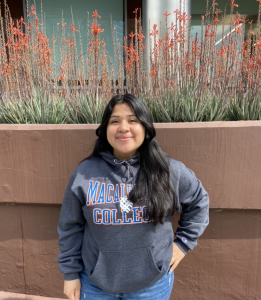
Obtaining a private liberal arts education at Macalester College will help me advance in my future career by attaining research skills that are essential to assessing the needs of underserved individuals. Most importantly, pursuing my degree at Macalester College will help me defeat the stereotypes of living in a low-income neighborhood. My desire to pursue a career in the child welfare system has only grown, and I will continue to fight against disadvantages for low-income communities as a voice for children and families.
